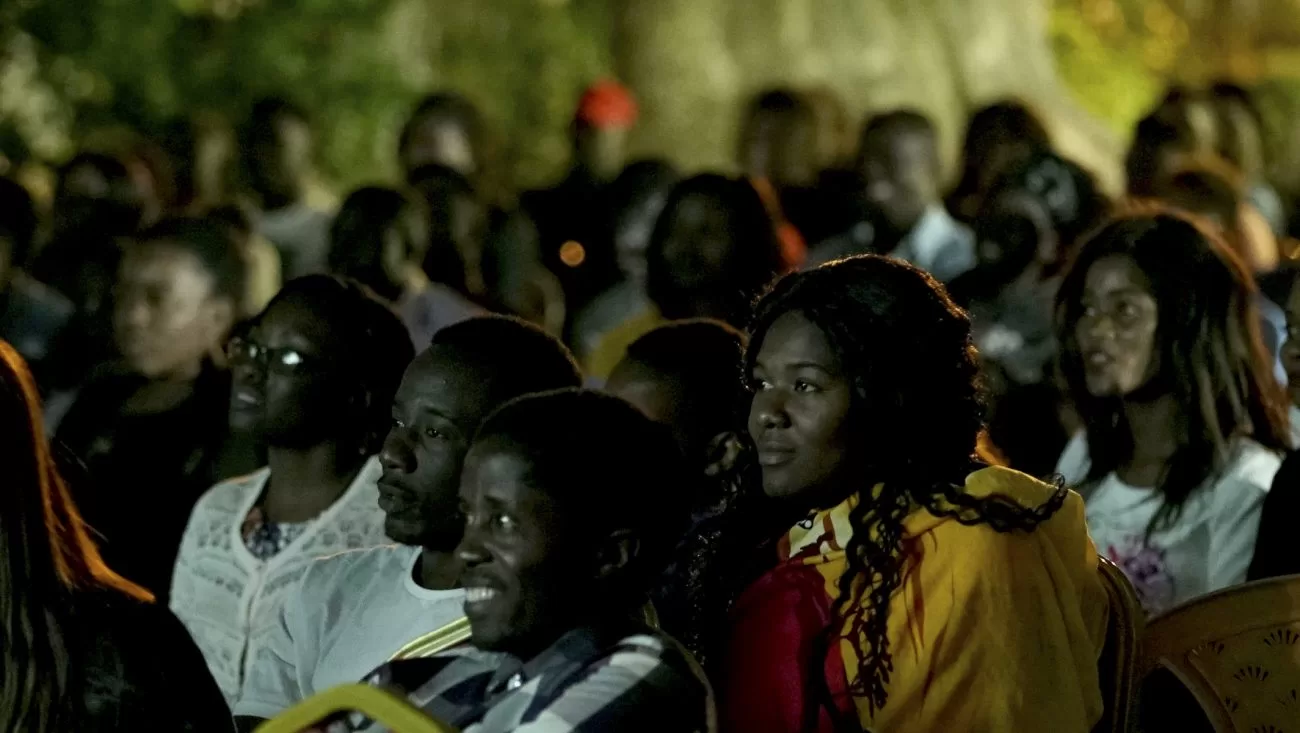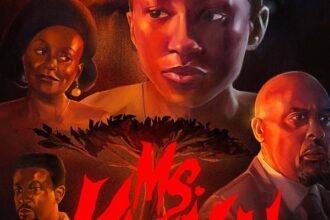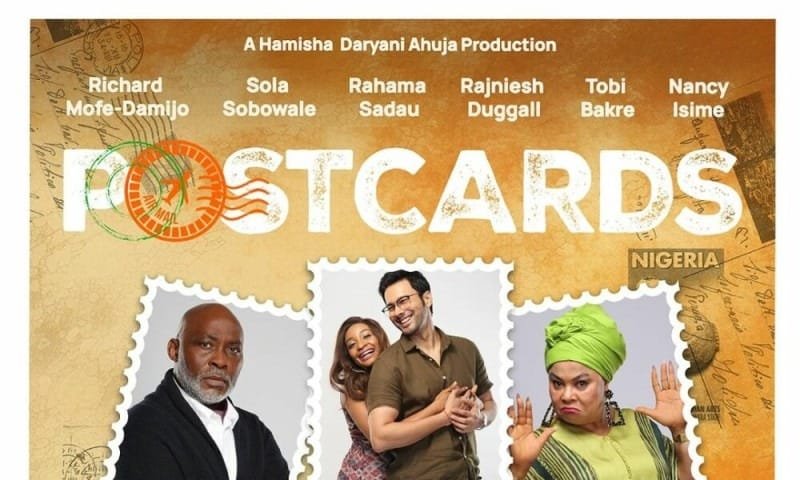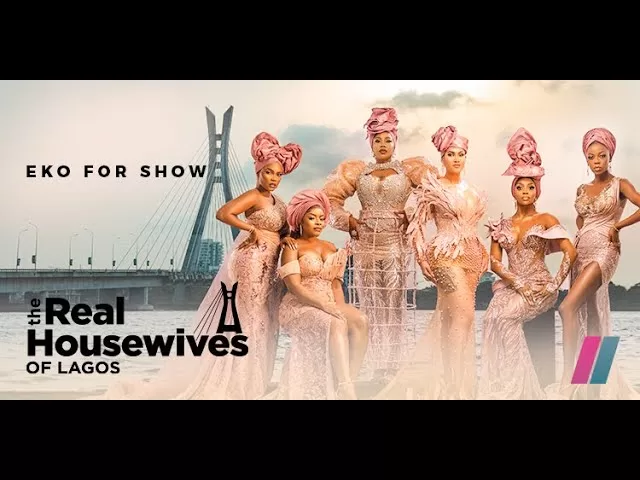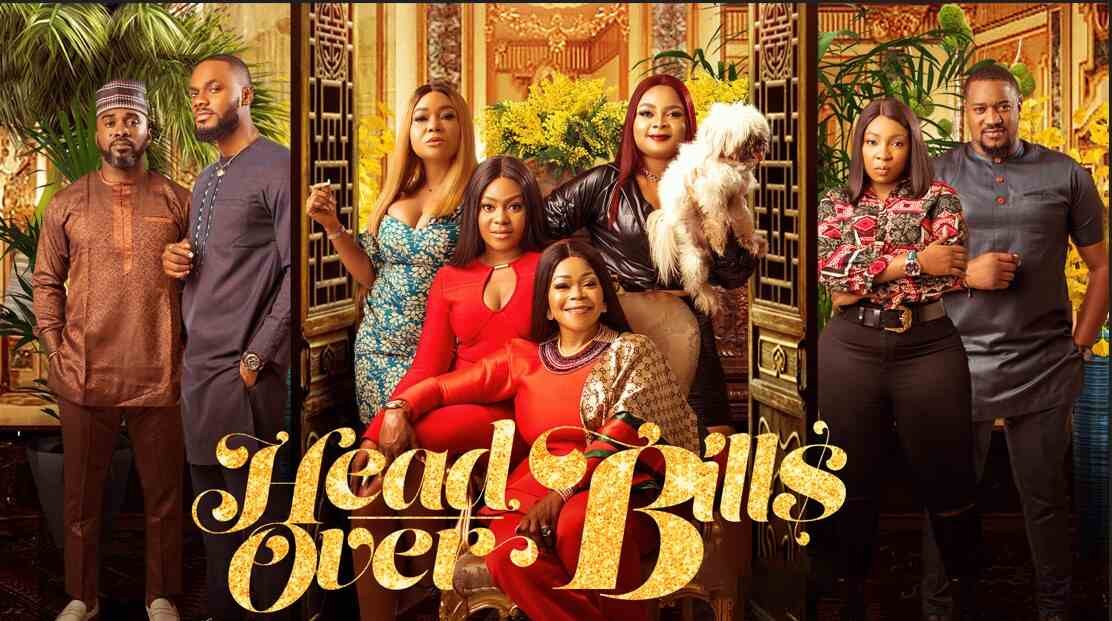Let’s talk African documentaries! Documentary filmmaking in Africa has a rich history that dates back to the early 20th century when colonial powers used film as a tool for propaganda and ethnographic documentation. However, it was not until the 1960s and 1970s, during the wave of decolonization and independence movements, that African filmmakers began to reclaim the medium for their own purposes.
In the decades that followed, documentary filmmaking in Africa became a powerful means of exploring and challenging the social, political, and cultural realities of the continent. Filmmakers such as Ousmane Sembene (Senegal), Jean Rouch (France/Niger), and Safi Faye (Senegal) were pioneers in the field, using the medium to expose the inequalities and injustices of post-colonial societies, as well as to celebrate the resilience and creativity of African people.
In recent years, the advent of digital technology and the growth of independent film festivals across the continent have opened up new opportunities for African documentary filmmakers. The proliferation of social media and online platforms has also made it easier for these films to reach wider audiences both within and beyond Africa.
Despite these advances, documentary filmmaking in Africa continues to face numerous challenges, including limited funding and resources, censorship, and a lack of distribution channels. However, the increasing recognition and support for African cinema at the global level suggest that the future of documentary filmmaking in Africa is bright.
African filmmakers are maximizing documentaries in several ways, including telling African stories by using documentaries to tell stories about the African continent, its people, culture, and history. These documentaries serve to highlight African voices and perspectives, which are often underrepresented in mainstream media.
It also raises awareness about important social, political, and environmental issues affecting the continent. This includes issues such as poverty, conflict, human rights, and climate change thereby preserving cultural heritage and celebrating the rich cultural heritage of the continent. This includes documenting traditional practices, rituals, music, dance, and other forms of cultural expression.
There are several great African documentaries that explore a variety of topics, from history and politics to culture and the environment. Here are some examples of the must-see African documentaries out there:
No Simple Way Home (2022)
Rebecca Nyandeng de Mabior is renowned as South Sudan’s mother in East Africa. The nation became independent in 2011 and has spent the majority of its brief history at war. The thing that worries Nyandeng the most is that her husband, John Garang de Mabior, and the millions of South Sudanese people who died in vain, died in vain. A tenuous peace accord gives her the chance to act to improve the unstable condition in the country after years of exile. This is definitely one of the best African documentaries out there.
The Great Green Wall (2019)
This 2019 documentary explores the ambitious project to create an 8,000 km ‘wall‘ of trees across the African continent to combat desertification and climate change. The Great Green Wall project was first proposed in 2007 by the African Union as a response to the desertification of the Sahel region, which has resulted in soil erosion, food insecurity, and mass migration.
The documentary follows the lives of people in several African countries, including Senegal, Mali, Nigeria, and Ethiopia, who are working to make the Great Green Wall a reality. It highlights the benefits of the project, such as creating jobs, reducing carbon emissions, and improving local livelihoods.
However, the film also shows the challenges faced by the project, such as inadequate funding, political instability, and the difficulty in getting communities to embrace the project. Despite these obstacles, the Great Green Wall continues to move forward, and the documentary serves as a call to action for viewers to support this important initiative. It is one of the must-see African documentaries.
Ouaga Girls (2017)
Ouaga Girls is one of my personal favorite African documentaries out there. It is a documentary film directed by Theresa Traore Dahlberg, which follows the daily lives of a group of young women at a school in Ouagadougou, the capital city of Burkina Faso in West Africa. The film explores the challenges and triumphs of these young women as they pursue their dreams of education and professional careers while facing societal pressures to conform to traditional gender roles and expectations.
Through intimate interviews and footage of their daily routines, the film captures the girls’ aspirations, struggles, and camaraderie as they navigate the complexities of growing up in a patriarchal society. It also highlights the importance of education and the power of female solidarity in overcoming obstacles and achieving one’s goals.
Ouaga Girls is a moving and inspiring film that sheds light on the experiences of young women in Burkina Faso and beyond and highlights the resilience and determination of those who strive for a better future despite the odds.
Mali Blues (2016)
This documentary follows four musicians from Mali as they explore the country’s rich musical traditions and how they have been impacted by political and social changes.
‘Mali Blues‘ is a documentary film that explores the vibrant music scene in Mali, a West African country that has produced some of the world’s most influential musicians. The film follows four Malian musicians who are using their music to promote peace and unity in a country that has been rocked by political instability and violence.
The documentary features performances by legendary Malian musicians such as Fatoumata Diawara, Bassekou Kouyaté, and Ahmed Ag Kaedi, as well as up-and-coming artists like Master Soumy and Amkoullel. Through their music, these artists are addressing issues such as poverty, gender inequality, and the fight against extremism.
‘Mali Blues’ also explores the rich cultural heritage of Mali, which has been shaped by centuries of diverse influences, including West African traditions, Islamic culture, and French colonialism. The film highlights the role of music in this cultural tapestry, as well as its power to bring people together and inspire change.
The Ivory Game (2016)
This Netflix original documentary exposes the illegal ivory trade in Africa and follows activists and law enforcement officials as they try to stop it. It focuses on the illegal ivory trade and its devastating impact on African elephants. The film was directed by Richard Ladkani and Kief Davidson and produced by Leonardo DiCaprio.
The film follows a group of activists, including undercover investigators and park rangers, as they try to uncover and dismantle the criminal networks that are involved in the ivory trade. The filmmakers traveled to several countries, including China, Vietnam, and Tanzania, to document the trade and its impact on both elephants and humans.
The Ivory Game highlights the brutal realities of elephant poaching and the corruption and greed that fuel the illegal trade. The filmmakers also explore the demand for ivory in Asian markets and the efforts being made to combat the trade, including increased law enforcement and public awareness campaigns
Sembene (2015)
‘Sembene!’ is a documentary film released in 2015 about the life and work of Ousmane Sembene, a pioneering African filmmaker, and writer. Sembene was born in Senegal in 1923 and is considered by many to be the “father of African cinema.”
The documentary, directed by Samba Gadjigo and Jason Silverman, chronicles Sembene’s life from his early years as a laborer and his experiences fighting for Senegal’s independence from France to his groundbreaking film career. Sembene was known for using his art to address social and political issues facing Africa, such as colonialism, gender inequality, and corruption.
The film features interviews with Sembene’s family and friends, as well as scholars, filmmakers, and critics who discuss his impact on African cinema and his legacy. It also includes archival footage from Sembene’s films, including ‘Black Girl,’ ‘Xala,’ and ‘Moolaade.’ It is one of the best African documentaries you should see.
Virunga (2014)
This award-winning documentary tells the story of a group of park rangers in Virunga National Park in the Democratic Republic of Congo who are fighting to protect the park’s endangered mountain gorillas from poachers and armed conflict.
Afripedia (2014)
This series of short documentaries by Teddy Goitom and Senay Berhe showcases the creativity and innovation of African artists, including fashion designers. The films explore the intersection of African culture and contemporary art and highlight the diversity and richness of African creative expression.
Through a Lens Darkly: Black Photographers and the Emergence of a People (2014)
This documentary explores the history of African American photography and the ways in which it has helped to shape and define the African American experience.
The Square (2013)
This powerful documentary follows a group of Egyptian activists during the 2011 Egyptian Revolution as they struggle to bring about political change. “The Square” is a documentary film directed by Jehane Noujaim that was released in 2013. The film tells the story of the ongoing Egyptian revolution, which began in January 2011 and led to the ousting of President Hosni Mubarak after 30 years in power.
The film follows a group of young activists who are part of the movement to overthrow Mubarak and create a new Egypt. The focal point of their protests is Tahrir Square in Cairo, where they gather to demand political and social change.
‘The Square’ received critical acclaim for its powerful and emotional portrayal of the Egyptian revolution. It was nominated for several awards and won the People’s Choice Award for Best Documentary at the Toronto International Film Festival in 2013.
These African documentaries highlight African voices and perspectives, shed light on important issues affecting the continent, and celebrate the rich cultural heritage of Africa. Despite challenges, the future of documentary filmmaking in Africa looks promising with increasing recognition and support for African cinema at the global level.








